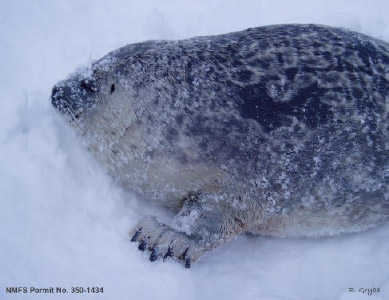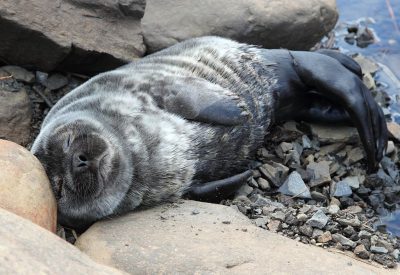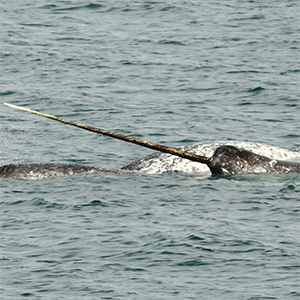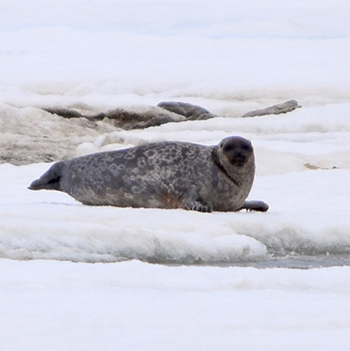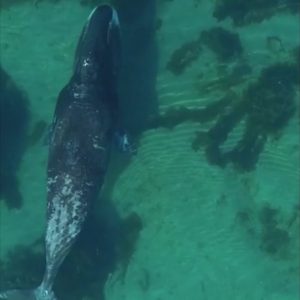Indigenous Knowledge invaluable in identifying important habitats
Indigenous Knowledge can provide a holistic understanding of species’ habitat use given that it contains observations of multiple species across seasons and includes animals’ complex relationships with other species and habitats.
Using environmental DNA to map biodiversity across Canada’s three oceans
The ability to detect the distribution of not only widespread, but also rare and endangered, species using eDNA allows researchers to identify critical habitats and biodiverse areas requiring protection.
UBC study analyzes the movements and dives of Hudson Bay ringed seals
Being a part of the Arctic food web means constantly moving around trying to avoid being eaten while looking for a snack yourself.
Celebrating Canada’s ‘unicorn’ – the narwhal
Celebrating some of the research that the Institute for the Oceans and Fisheries researchers has undertaken on the iconic marine creature with a tusk (tooth, actually) on its head — the narwhal.
As sea ice retreats, narwhals are changing their migration patterns
Climate change and loss of sea ice is creating stressors for these animals, and they are adapting to a new life in the Arctic.
Food for seals and other Arctic predators is shrinking — literally
Unchecked climate change may leave some Arctic predators, such as seals and whales, surviving off of marine “junk food”.
Kyra St. Pierre wins Banting Fellowship
The fellowship, for postdoctoral fellows, is to develop recipients’ leadership potential and is granted based on the applicant’s research excellence, the quality of their proposed research, and the match between the applicant and the strategic priorities of their academic institute.
Research into bowhead whales finds unique foraging behaviour
Understanding the needs of bowheads is a crucial first step taken to learn how they will respond to climate change.
Bowhead whales feed year-round in Cumberland Sound, Nunavut
Satellite telemetry and time-depth recorders are providing new and surprising insights into the secret lives of bowhead whales
